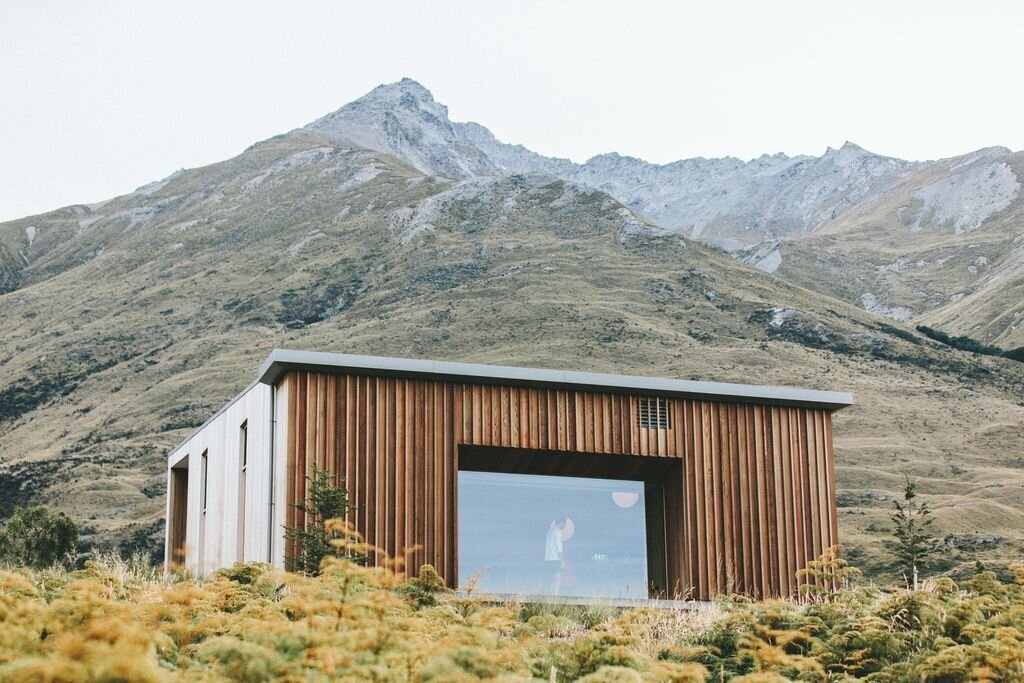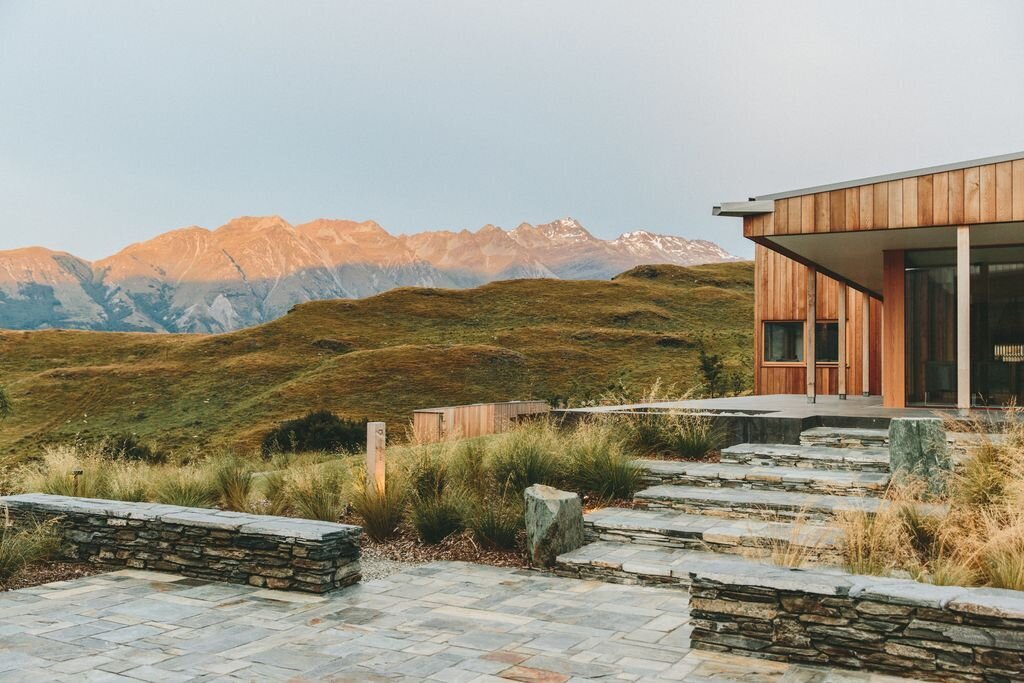About
Voice and the ability to create sounds that emanate from the body are fundamental to human experience. Yet, many people in the hard-of-hearing community have no relationship to the creative power of their voice, and as a result do not experience an entire aspect of human embodiment.
In a collaboration between students from USC’s Thornton School of Music and the Hearing Loss Association of America LA (HLAA), Here, My Voice supports members of the hard-of-hearing community by providing individual voice lessons designed to help members gain confidence in using their voice. The program will also assists members in the exploration of the creative and expressive possibilities of their voice.
Meet the Team
JURI HWANG
Principle Investigator
“A deep and multi-disciplinary collaboration was critical in building Here, My Voice.”
The project originated from artist-researcher’s intuitive understanding of the pains the community members experience and their longing to re/connect with their voice to experience its creative possibilities. It also comes from a bold and artistic imagination of what we can be possible through human connections and what we can accomplish when we come together with shared passion to improve the lives of vulnerable members of our society. Without an existing example to guide us, we relied on deep collaboration of a passionate, multidisciplinary team of experts in building our program. As a principal investigator, I am extremely proud of the work and dedication of our truly exceptional team comprised of domain experts, faculty mentors, our brilliant vocal arts students, and the hard of hearing participants, who bestowed their trust on us and stepped out of their comfort zone to try something new. I am grateful for the generous support of Arts in Action to make to this project to come true and to blossom.
“I was so inspired by the program's ability to improve vocal confidence and emotions while singing aided through music.”
Working as a project coordinator for the Here, My Voice program has been one of the most influential and inspiring activities I have been fortunate enough to be able to be a part of. Throughout the process, I have learned that success in all forms truly relies on collaboration, both within coordination and especially seen between our teacher and student pairs. I was so inspired by the program's ability to improve vocal confidence and emotions while singing aided through music, as noticeable during our Final Performance. It was a pleasure to observe the power of connection and friendship bloom, even over Zoom, and I was inspired by the commitment, openness, and bravery to step out of comfort zones by all those who participated
FRANCES NOWLEN
Project Coordinator
LAMARCUS MILLER
Master Voice Teacher
“We encouraged the students to provide a safe space where participants could be free of judgement.”
Keeping in mind one of the objectives of the program is to “assist members of the Hard-of-Hearing community to (re)discover their voices and its potentials for creative self-expression”, we encouraged students to become familiar with their partner’s hearing history and experience with music. Also , allowing for exploration and connection as well as progress at their own pace. With a lack of confidence in auditory skills participants are dramatically more vulnerable during a voice lesson, whether they have a background of music or not. We stressed the importance of a reasonable timeframe of a lesson in consideration of the enormous fatigue often involved with hearing loss, especially in a learning situation. We encouraged them to enjoy the journey along the way.
“The Here, My Voice study embraced the delicacy of encouraging others to reconnect with their literal and metaphorical voice”
The Here My Voice program’s purpose and ultimate essence throughout this study required a sensitivity and a vulnerability from all of its teachers, participants and team members. From the start of the Here My Voice program, my role emphasized the cohesion and importance of the therapeutic parameters necessary for addressing and engaging in intimate and vulnerable work with our participants and teachers involved. Through the discernment of therapeutic dynamics and assisted guidance to creative self expression, the Here My Voice study embraced the delicacy of encouraging others to reconnect with their literal and metaphorical voice gently, ethically and creatively. By witnessing the participants ultimate rediscovery of their voice and confidence throughout their journeys to self expression, the Here My Voice program has further reinforced and provided evidence the power of music and connection carries.
DANIELLE BARBERA
Board Certified Music Therapist
SANDY BLAKE
HLAA Steering Committee Partner
“We encouraged the students to provide a safe space where participants could be free of judgement.”
Keeping in mind one of the objectives of the program is to “assist members of the Hard-of-Hearing community to (re)discover their voices and its potentials for creative self-expression”, we encouraged students to become familiar with their partner’s hearing history and experience with music. Also , allowing for exploration and connection as well as progress at their own pace. With a lack of confidence in auditory skills participants are dramatically more vulnerable during a voice lesson, whether they have a background of music or not. We stressed the importance of a reasonable timeframe of a lesson in consideration of the enormous fatigue often involved with hearing loss, especially in a learning situation. We encouraged them to enjoy the journey along the way.
Faculty Mentors
-

DJ Johnson
Professor in Media Arts + Practice in USC School of Cinematic Arts
DJ Johnson is a filmmaker with over twenty years of experience in media education, specializing in media strategies for social change and community organizing. DJ has designed curricula and implemented educational programs internationally. He is also a recipient of the USC Mellon Mentoring Award for his outstanding teaching and support of undergraduate students.
-

Beatriz Ilari
Professor in Community Music in USC Thornton School of Music
Ilari uses both quantitative and qualitative approaches, she has conducted extensive research with infants, children and adults to examine the intersections between music, development, cognition and culture. Beatriz is a research fellow at USC’s Brain & Creativity Institute, and collaborates regularly with researchers from various fields iN Brazil, Portugal, Spain, UK, USA, and Hong Kong.
-

Ray Goldsworthy
Professor of Otolaryngology in the Keck School of Medicine. Director of the Bionic Ear Lab.
Goldsworthy’s research combines psychoacoustics, signal processing, and auditory rehabilitation towards improving hearing for the hearing impaired with emphasis on cochlear implant users. Ray is a cochlear implant user himself and is passionate about the interplay of auditory experience, auditory perception, and cutting-edge medical bionics towards improving the lives of people with hearing loss.














